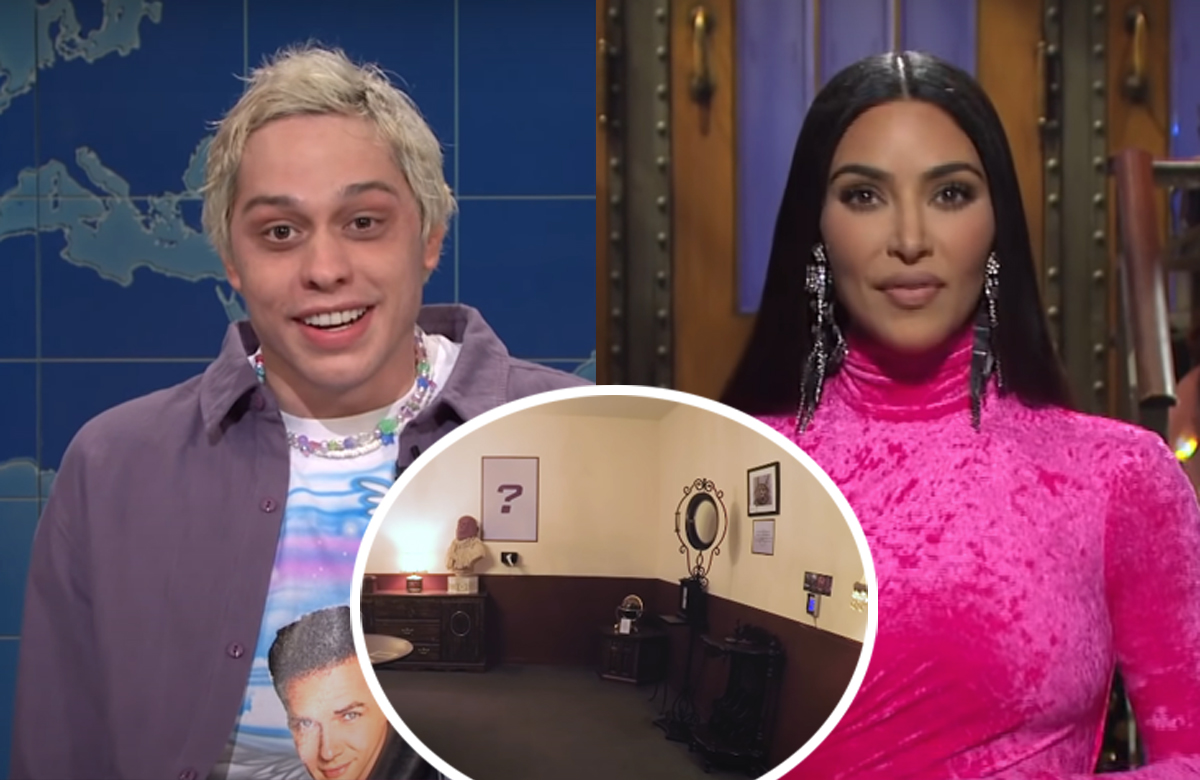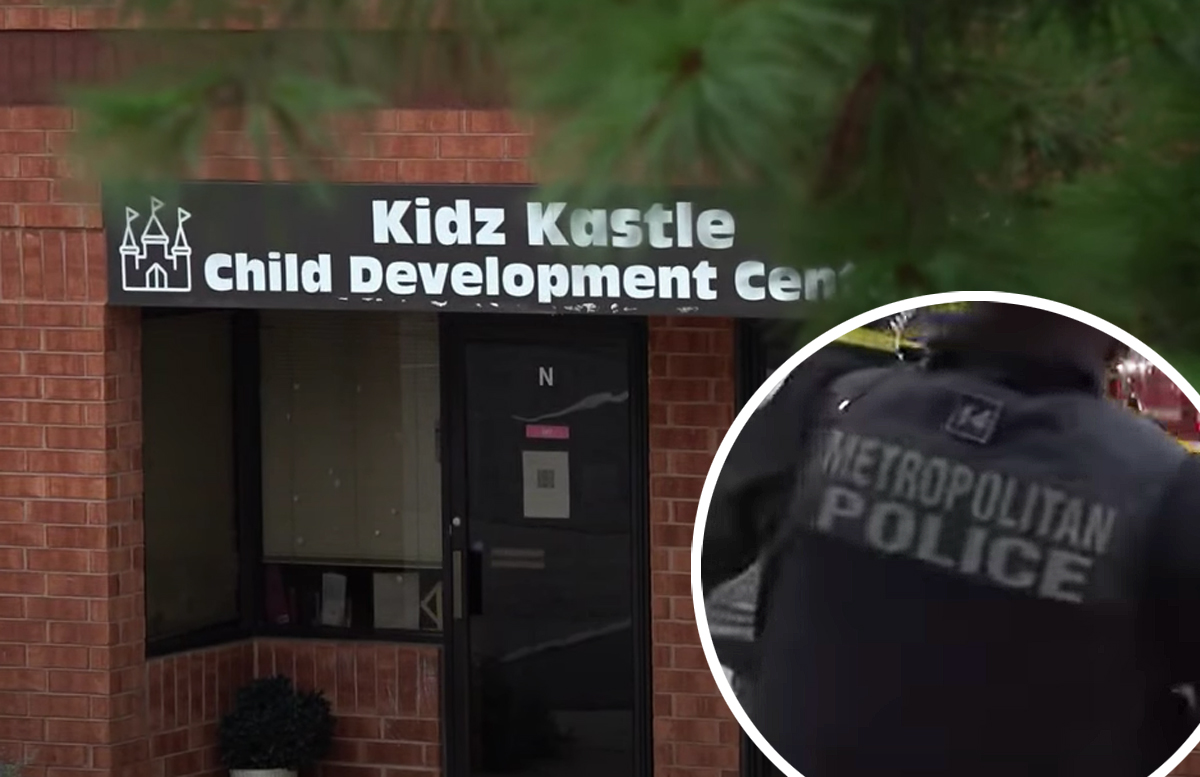#‘Snowfall’ Star on Character’s Tragic Fate: “It’s Not a Fairy Tale”

[The following story contains spoilers from the seventh episode (“Charnel House”) in the sixth and final season of FX’s Snowfall.]
FX’s Snowfall formally said goodbye to Amin Joseph’s Jerome Saint on Wednesday night, after the beloved uncle was shockingly killed in the closing minutes of last week’s episode.
After Jerome died during a gunfight with Kane (DeVaughn Nixon) in an effort to rescue his wife Louie (Angela Lewis), who had been kidnapped and was being tortured, this week’s episode saw Louie and Franklin (Damson Idris) dealing with the fallout of losing their loved one amid a civil war within the family.
The episode ends with Jerome’s funeral, where a speaker voices some of the significance of the character’s demise, which comes as the FX drama about the origins of the crack cocaine epidemic continues to explore how the drug contributed to the destruction of a community in South Central Los Angeles.
“Too often, I have blamed these deaths on young men with guns,” the funeral speaker says. “Today I finally understand that all of the rest of us are guilty too. And it’s not just us. It’s the church leaders, city council and the millionaires have all brought this pain to our streets. Our people are suffering. And we have not done near enough to succor them.”
Speaking with The Hollywood Reporter, Joseph says with the character of Franklin’s father-figure Uncle Jerome, who he’s played since the beginning of the series in 2017, he “thought this truly was a cautionary tale through his POV.”
“[Jerome] started out—he had the wisdom up front to say nothing but trouble will come with this brick [of cocaine]. And his nephew said that this game is rigged, and we saw [Jerome] from that pilot episode saying, ‘Get that out of my house, I don’t want to have anything to do with it.’ He always was toeing that line,” Joseph says looking back on Jerome’s journey. “Greed and the persuasion of his family and his wife ultimately led him into it, but it was also his own selfish ambition and having his own record shop and having money. Jammin’ Jerome definitely gloated in the fine threads. So I feel like he definitely ate from the grapes of his wrath and it poisoned him.”
Tragically, Jerome’s death also came as he looked to get out of the crack business after deciding he was done with the chaos and violence, including within his own family. And though he and Franklin joined forces to save Louie, the two hadn’t appeared to make peace after going to war in recent episodes, including a contentious face-off at a diner, where they trade insults before Franklin puts a gun in Jerome’s face as his uncle tells him to kill him.
While Joseph’s role as an actor on Snowfall has come to an end, he makes his directorial debut helming next week’s eighth episode in the show’s sixth and final season, “Ballad of the Bear.”
Joseph talks to THR about Jerome’s death, the larger message he hopes the series speaks to, how he stepped behind the camera and what that experience was like.
When did you find out this would be how Jerome’s story ends?
We had some discussions even in season five, I think. I talked to our showrunner Dave Andron. Over hiatus sometimes we’ll meet up before we get back into production and I was told that, yeah, that was the road we were going down and that Jerome would meet his demise in the final season.
What about the specifics of it coming with this battle with Kane and trying to save Louie?
I think that was more than likely developed in the season, so I didn’t know that before, how it would happen and [at] whose hands [Jerome’s death] would be. I knew that it would be a sort of mid-season crescendo of some sort.
What was your reaction when you found out?
With this genre and this story that we’re telling, I’ve always felt that more than likely this was not going to end — it’s not a fairy tale. So being part of this ensemble for the last six years, I just knew that at some point rubber would meet road. Even from back in season three, I’ve always mentioned to the producers, showrunner, writers, that if we go out, let’s go out with a bang. The character Jerome was in some ways a bit two-dimensional, and I definitely felt like I had more to offer as an artist, so let’s do something with him. Let him mean something; let him stand for something. For me, it’s just, let’s do it. It’s not a fairy tale, and it’s going to be dark, let’s go out dark and hopefully leave a lasting impression and message.
What do you think it means that Jerome goes out the way he does, after he has had this evolution throughout the series?
Yeah, there’s so much to unpack. I’m still even unpacking it. That’s a big circle of truth around all of the artists that are on Snowfall: What will be the lasting impression? I’m still waiting to see how Snowfall wraps up and this overall tale that we’re telling. As a Black man and being part of this type of entertainment and this story, it just rings true to a lot of things that I’ve seen go on in my life, from Harlem, New York. I’ve seen this type of drug, whether it’s the user or the dealer, I’ve seen how it’s affected lives. And even with the war, the literal war on drugs, waged on these types of communities, I’ve seen people that are the pillar of these communities stand strong and nurse their community back to health, somehow surviving it. I’ve seen mass prison incarceration. I’ve seen people go to jail with football number jerseys and some of them are still in jail. There’s so much fallout from this drug and this type of story. And I just hope that that as impressionable as some of the family drama dynamics that this show is so good at drumming up, as well, that we don’t forget. That’s why I think we have such a dope fan base is that a lot of people lived through these times. I just hope that we land that plane as well.
You directed episode eight of this season. How did that come about?
That came about way back in season 2 of our series. I’ve always considered myself to be a filmmaker, just the way I look at character and the way I look at story. I have a unique way of expressing myself. Given the resources — having a company like this, studio, network, would really bolster my talents and I’d be able to turn in a really awesome episode of television. Back in the second season, I started shadowing Clark Johnson, who directed episode 207. In subsequent seasons, I was able to shadow Alonso Alvarez-Barreda, who was a first-time director and who directed, I think, the most episodes of Snowfall, and he started out with this as his first television directing job. So I was able to also shadow him. I really had a lot of support, and I got an episode and it’s right in the middle of us driving up to our climax. “Wow, I get this? This is my first opportunity with this much at stake?” But I was so prepped and had been around the show so long and had so much goodwill as far as our company and cast wanting to see me do a good job. It really was a dream come true and I’m really proud of the episode that I delivered.
Was there a part of working on the episode that was particularly challenging?
I wouldn’t say anything was challenging. Interestingly enough, Dave [Andron] and I were able to take in a Lakers game yesterday, and we were talking about the experience of directing. It was just impressed upon me that there’s so much latent — just the same way that I wanted an opportunity but it wasn’t until I asked for it; it wasn’t until the opportunity was made available to me that I was somehow able to act on this dream deferred. Every company, every cast, every crew—there are people that come in to check everything and they’re going to punch the clock and go home, but we all came into this business inspired. We wanted to tell stories. We wanted to tell the stories of our time. And there’s something enchanted about that. To me if you go into every job, if you pick up every script with the intention of carrying that light and know that people more than fill the spaces that they’re in, everyone is looking for opportunity, where their voice can be heard and where you can create an atmosphere where people are really able to collaborate, that collaboration, that magic, brings about beautiful storytelling. It wasn’t for me as an actor-director to go in and say, “Everyone do what I say.” It was more about, “I think I have thought about this 15 different ways, but you just gave a suggestion that challenges that. And I’m open enough to receive that and move on from there.” And that type of collaboration: that their voice matters, that their impact matters, that to me is the best of us as storytellers as creators. So for me to be able to do that in this new forum and to be vulnerable enough to learn from a talented DP. What more do I know about shot composition than someone that’s been doing this day in and day out? And what can my new inspiration inspire them to say, “Hey what if you did this? What if we did it like that?” And for me to be able to take that and add on. It was just the most awe-inspiring thing. That was the thing that got me up every day and had me thinking “If I have that kind of support, really what can I do with this episode?” That was awesome — a challenge but a luxury.
If you liked the article, do not forget to share it with your friends. Follow us on Google News too, click on the star and choose us from your favorites.
For forums sites go to Forum.BuradaBiliyorum.Com
If you want to read more Like this articles, you can visit our Social Media category.




